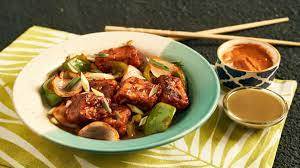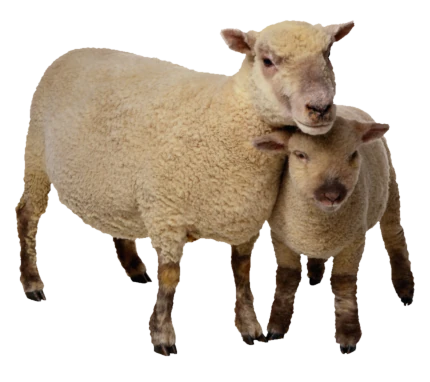Veganism has grown significantly in popularity over recent years. With it, the demand for delicious and nutritious alternatives to meat and dairy products has surged.
Here are 5 of the best vegan alternatives to meat and dairy with health benefits backed up by science.
Plant-based alternatives have evolved significantly. For decades, vegans had to rummage through specialty aisles in grocery shops to find animal-free items. These goods are increasingly appearing alongside staple foods in supermarkets.
Burger patties are the most developed synthetic meat product yet, but a variety of alternative foods are available on the market. You can have a package of plant-based pepperoni, prawns, cheese, squirty cream, and more.
According to some reports, plant-based foods are expected to take up to 7.7% of the global protein market by 2030. This will increase the sector’s value to $162 billion from roughly $29.4 billion in 2020.
If you are thinking of going vegan but don’t know about meat alternatives, then make sure you read thoroughly. Below are some of the best alternatives to meat and dairy that you can try.
1. Tofu
It is made from soybeans. Tofu is known for its versatility and nutritional value. Tofu is a plant-based protein. NIH confirms that it contains all nine essential amino acids required for muscle repair and growth. It also contains minerals such as calcium and iron, which are necessary for bone health and oxygen delivery in the body. You can make tofu stir-fries, scrambles, soups, and sandwiches. Furthermore, tofu is low in calories and cholesterol. Tofu is a heart-healthy choice that can help with weight loss and lower the risk of cardiovascular disease.
2. Tempeh
Tempeh is made from fermented soybeans and is prized not only for its rich flavour but also for its high nutritional content. NIH states that tempeh is a rich source of probiotics when it ferments. It supports digestive health and improves nutrient absorption. Its firm texture and nutty flavour make it an excellent meat substitute in recipes such as tempeh bacon, sandwiches, and stir-fries. Aside from being a complete protein source, tempeh contains iron, calcium, and other critical elements that promote general health.
3. Seitan
Seitan is commonly known as wheat gluten and is popular because of its meaty texture and high protein content. Seitan is made from wheat protein. It has a savoury flavour and a chewy texture similar to meat. Seitan steaks, stir-fries, and kebabs make an excellent choice. Despite being low in carbohydrates and fat, seitan is quite filling, making it an excellent addition to vegan diets. Furthermore, seitan is high in selenium and phosphorus. The study “Are mixed meat and vegetable protein products good alternatives for reducing meat consumption?” also shows two essential elements that support thyroid function and bone health are present in it.
4. Jackfruit
Jackfruit is a tropical fruit native to South and Southeast Asia. It is becoming increasingly popular as a meat substitute due to its distinct texture and propensity to absorb flavours. Jackfruit’s fibrous consistency makes it ideal for recipes such as barbecue sandwiches, tacos, and curries, where it can resemble the texture of pulled pig or shredded chicken. USDA states the contents in Jackfruit are high in antioxidants, vitamins A and C, and potassium, which promote immune function, skin health, and heart health.
5. Coconut milk
Coconut milk is well-known for its creamy texture and rich flavour. This dairy-free alternative is high in medium-chain triglycerides (MCTs), a form of fat that the body can readily digest and turn into energy. MCTs have been linked to a number of health advantages, including weight loss, enhanced brain function, and decreased inflammation, according to NIH. Coconut milk also contains lauric acid, a saturated fat with antibacterial characteristics that promote immunological health. It can be used in curries, soups, or desserts with numerous health advantages.

